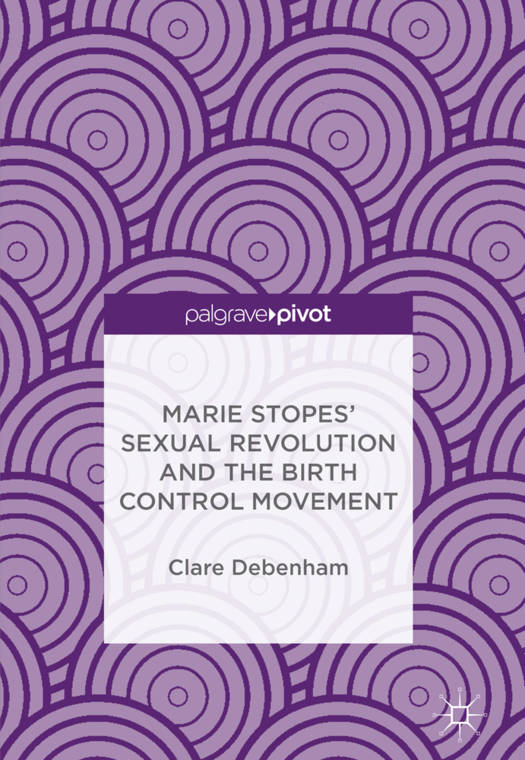
- Afhalen na 1 uur in een winkel met voorraad
- Gratis thuislevering in België vanaf € 30
- Ruim aanbod met 7 miljoen producten
- Afhalen na 1 uur in een winkel met voorraad
- Gratis thuislevering in België vanaf € 30
- Ruim aanbod met 7 miljoen producten
Zoeken
€ 63,45
+ 126 punten
Omschrijving
This book examines the life, work and contraversial achievements of Marie Stopes, author and pioneer of the birth control movement in the interwar period. As the centenary of the ground-breaking publication of Married Love approaches, this study traces and reassesses Marie's remarkable achievements, considering the literary, scientific and political themes of her life's work. Clare Debenham analyses how Stope's personal life led her to turn away from palaeobotany to concentrate on transforming the country's sexual relationships by writing Married Love. Utilising extensive unpublished archive research, biographies, letters, and interviews with her friends and relatives, Debenham demonstrates that Stopes's work on sexual relationships has overshadowed her considerable achievements including her scientific career as a paleaobotantist, her literary success in the interwar period, and her work, with help from suffragists, in establishing the first British birth control clinic.
Specificaties
Betrokkenen
- Auteur(s):
- Uitgeverij:
Inhoud
- Aantal bladzijden:
- 164
- Taal:
- Engels
Eigenschappen
- Productcode (EAN):
- 9783319716633
- Verschijningsdatum:
- 15/03/2018
- Uitvoering:
- Hardcover
- Formaat:
- Genaaid
- Afmetingen:
- 148 mm x 210 mm
- Gewicht:
- 444 g

Alleen bij Standaard Boekhandel
+ 126 punten op je klantenkaart van Standaard Boekhandel
Beoordelingen
We publiceren alleen reviews die voldoen aan de voorwaarden voor reviews. Bekijk onze voorwaarden voor reviews.











